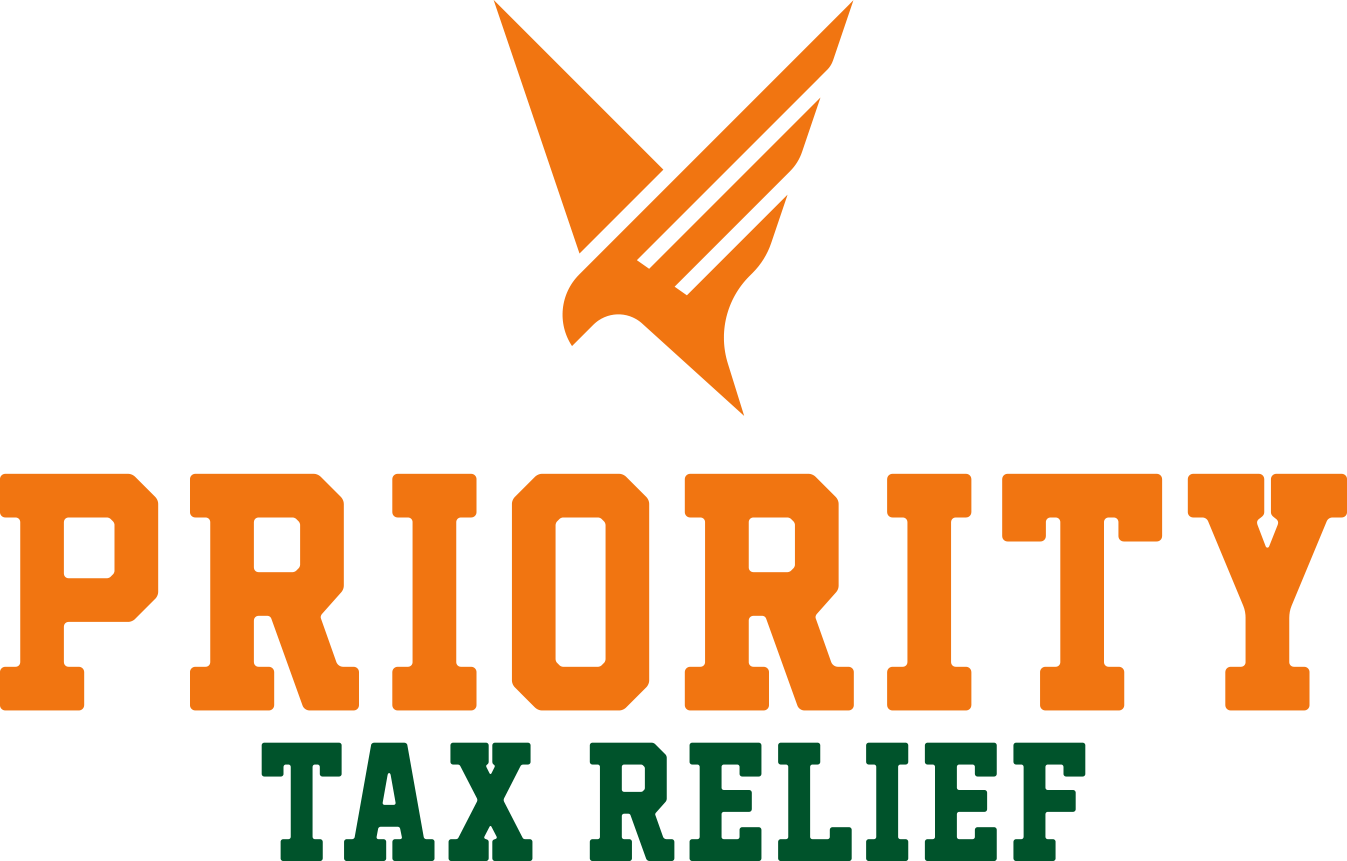New York City Sales Tax: What Is It and How Does It Work?
New York City charges an 8.875% tax on most retail items. Here are the details on the NYC sales tax.

Many, or all, of the products featured on this page are from our advertising partners who compensate us when you take certain actions on our website or click to take an action on their website. However, this does not influence our evaluations. Our opinions are our own. Here is a list of our partners and here's how we make money.
New York — and New York City in particular — is known for having some of the highest taxes in the United States. NYC residents pay income taxes and sales taxes to both the state and the city, which can make it a bit confusing to figure out how much tax you’re paying to which entity.
» Read more about New York state income tax
What is New York City’s sales tax?
The total sales tax rate in New York City is 8.875%. That consists of a 4.5% sales and use tax from the city, a 4% sales and use tax from the state, and a 0.375% Metropolitan Commuter Transportation District (MCTD) surcharge.
Sales taxes apply to retail sales of most goods and services, with a few exceptions, while use tax applies to business purchases from out-of-state vendors that don’t collect state and local sales taxes. (If you buy a printer for your business from a website that doesn't collect sales taxes, for example, it's probably subject to city and state use tax.)
State sales taxes apply to any sales made in New York state, city sales taxes apply to any sales made in New York City and MCTD surcharges apply to any sales made in Manhattan, Brooklyn, the Bronx, Queens and Staten Island, as well as Rockland, Nassau, Suffolk, Orange, Putnam, Dutchess and Westchester counties.

on Anthem Tax Services' website

on Priority Tax Relief's website
What is exempt from NYC sales tax?
There are a few exemptions from city and state sales and use taxes, generally involving essential day-to-day goods. The following items are exempt from city, state and MCTD sales taxes:
Medicine.
Diapers.
Certain items used in clothing manufacturing and repair.
In addition, there are a few other items that are exempt from New York state sales taxes but may still be subject to city and MCTD taxes:
Beautician, barbering and hair-restoring services.
Hair removal services.
Manicures and pedicures.
Massage services.
Tanning salons.
Tattooing or permanent makeup.
Weight control and health salons, gyms, Turkish and sauna baths, and similar places.
» Find out which states don’t charge sales tax on a used car
» Wondering about sales taxes outside of New York? Check our sales tax calculator
Who pays NYC sales tax?
Businesses are responsible for actually paying NYC and New York state sales, use and MCTD taxes to the government by filing sales tax returns.
If you’re a consumer, NYC sales tax is generally baked into the price of whatever you’re buying — and isn’t something you need to worry about, unless you want to try to deduct it from your income tax liability (more on that in a moment).
» Get educated on small business taxes
How do you file NYC sales tax returns?
NYC sales and use taxes — as well as the MCTD surcharge — are collected by New York state.
Businesses can file New York sales tax returns on the state’s Sales Tax Web File site. Some businesses, such as those with taxable receipts of more than $500,000, must use the state’s PrompTax program, which a business can join through an Online Services for businesses account.

on Anthem Tax Services' website

on Priority Tax Relief's website
Can you deduct NYC sales tax?
You can deduct NYC sales tax via the state and local tax (SALT) deduction — but doing so comes with some big caveats. The SALT deduction is only available to taxpayers who choose itemized deductions, is capped at $10,000 for joint filers, and makes you choose between deducting your state and local income taxes or your state and local sales taxes.
» Learn more about the sales tax deduction
Itemizing isn’t right for every taxpayer. It’s a good idea to consult a trusted tax professional, such as a certified public accountant (CPA), to see if it’s right for you.
» Dive deeper into taxes



